In healthcare settings, computers are central to managing patient data, diagnostics, imaging, and daily workflows. Doctors and healthcare professionals rely on specialized medical-grade computers, all-in-one (AIO) systems, and tablets designed to meet the stringent demands of medical environments. These devices need to perform seamlessly, adhere to regulatory standards, and often withstand rigorous sterilization processes to […]
Category: Medical Technology

Why Choose Tangent for Medical Grade Computers and Tablets
Medical-grade computers and tablets are vital tools that support a range of critical applications, from patient monitoring and electronic health records (EHRs) to telemedicine and medical imaging. When choosing medical-grade technology, not all computers are created equal. This is where Tangent, a leader in manufacturing computers for the healthcare industry, comes into play. Let’s explore […]
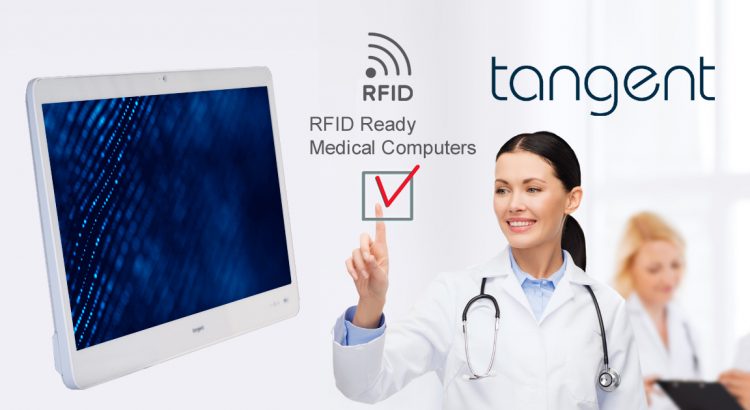
RFID Ready Medical Computers
What Is RFID? RFID stands for Radio-Frequency Identification. The technology standard is made up of RFID tags and readers. These tags have small radio receivers and transmitters inside them. When in contact with a reader, the tag will respond and transmit information it is carrying to the reader. These tags can be used for a […]
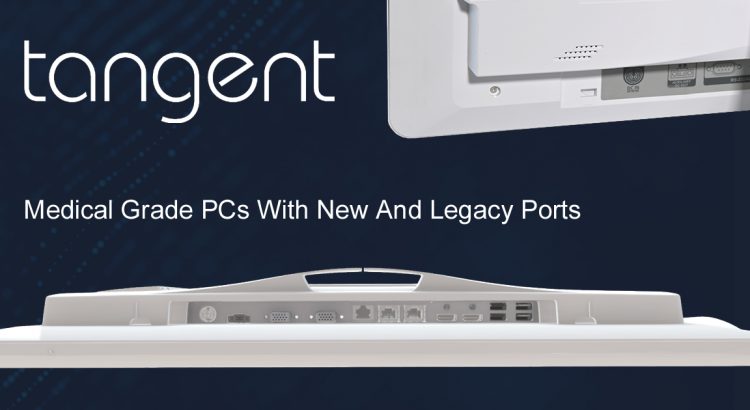
Medical Grade Computers With New And Legacy Ports
The medical grade computers of today look a lot different from their predecessors. They are smaller, faster, and more hygienic than earlier computers. While you have probably noticed most of these changes, there is one subtle area that is easy to forget: input and output ports. Input and output ports, shortened as IO ports, have […]
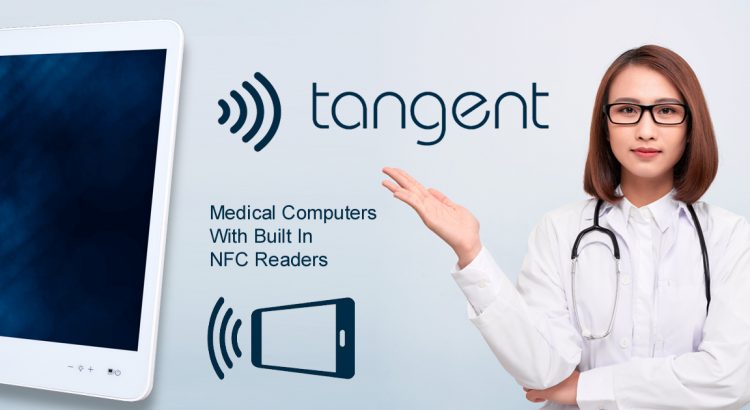
Medical Computers With NFC Readers
Wireless communication is playing an increasingly important role in Healthcare. From doctors transitioning away from pagers to smartphones, to their increasing reliance on email communications: hospitals rely on wireless communication. But one area of wireless communications that is easy to look over is near-field communication (NFC). These devices allow your doctors, nurses, and medical staff […]
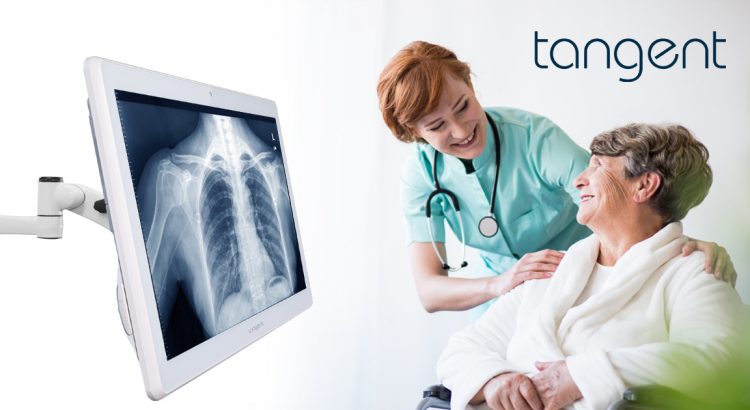
Medical Computers For Medical Imaging
Medical imaging has been one of the premier medical advancements of the last century. Doctors can utilize x rays, MRI machines, and tests to get a look inside a patient’s body. These processes have led to better diagnostic capabilities and a more precise medical process. But these imaging technologies are only as good as the […]
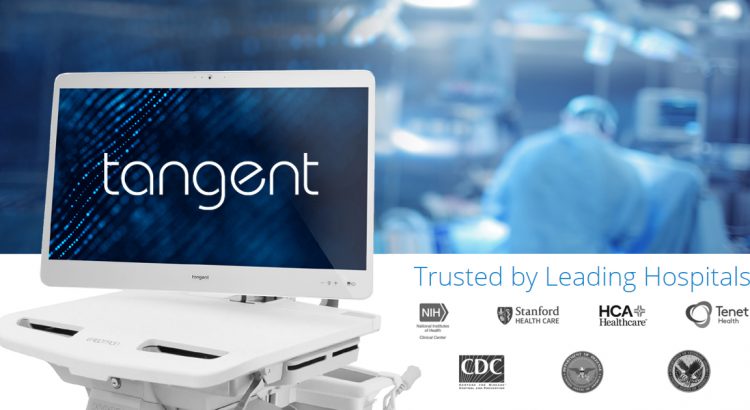
5 Uses For Medical Computers
It may seem like the uses of medical computers mirror those of traditional computers, and that the two are interchangable. They both send emails, can handle spreadsheets, and can access the internet. But the uses of medical computers are far more exact and tailored to the hospital environment. Here are five of the top uses […]
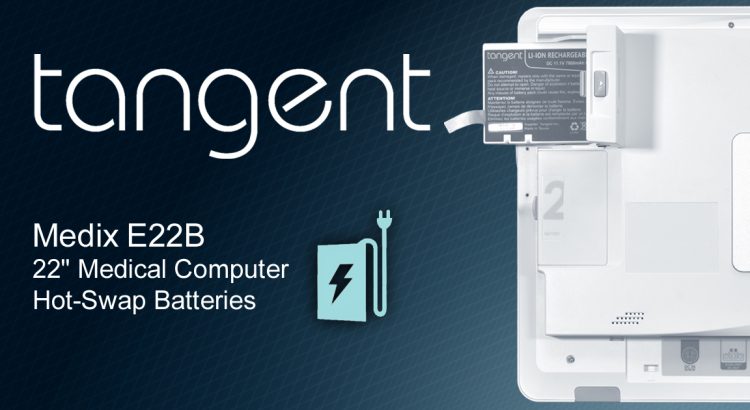
Medix E22B: Medical Computer For Hospital Use
The last thing your doctors want to be worrying about during an emergency is their equipment. There are over 130 million emergency room visits made by Americans each year according to the Center for Disease Control. That’s around 42 visits for every 100 people. When these sorts of emergencies occur, your doctors need to be […]
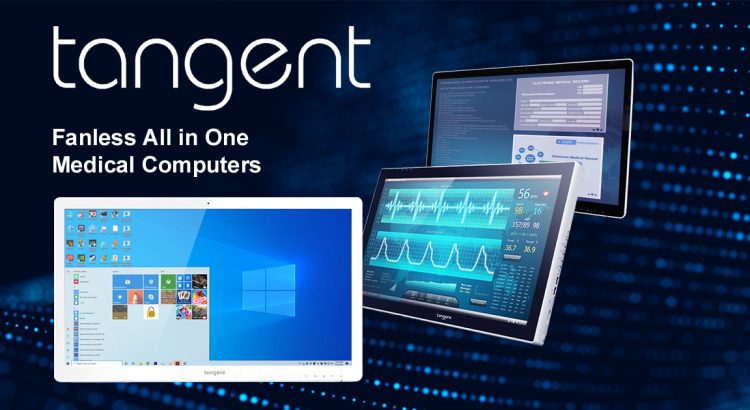
Why Medical Grade Computers Need To Be Fanless
During these hot summer months, turning on a fan can help you cool off. Fans are everywhere, from residential homes to restaurants and even offices. But while fans certainly have a place in our lives, there is one area they simply don’t belong: medical grade computers. In addition to cooling people off, fans have the […]
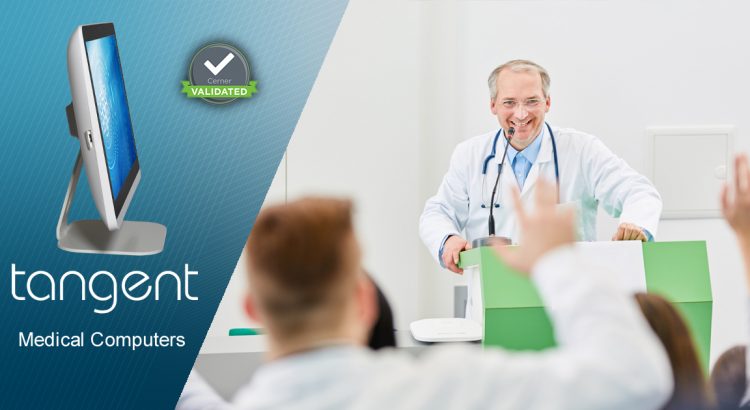
How Medical Computers Have Revolutionized Nursing
Nurses play a number of roles in the hospital. Whereas doctors work in specialized sections of the medical field, nurses play a less standardized role. Nurses wear many hats throughout their workday. They may start the day rooming patients and end it by ensuring a patient’s new medication regimen won’t have negative interactions. Because of […]
